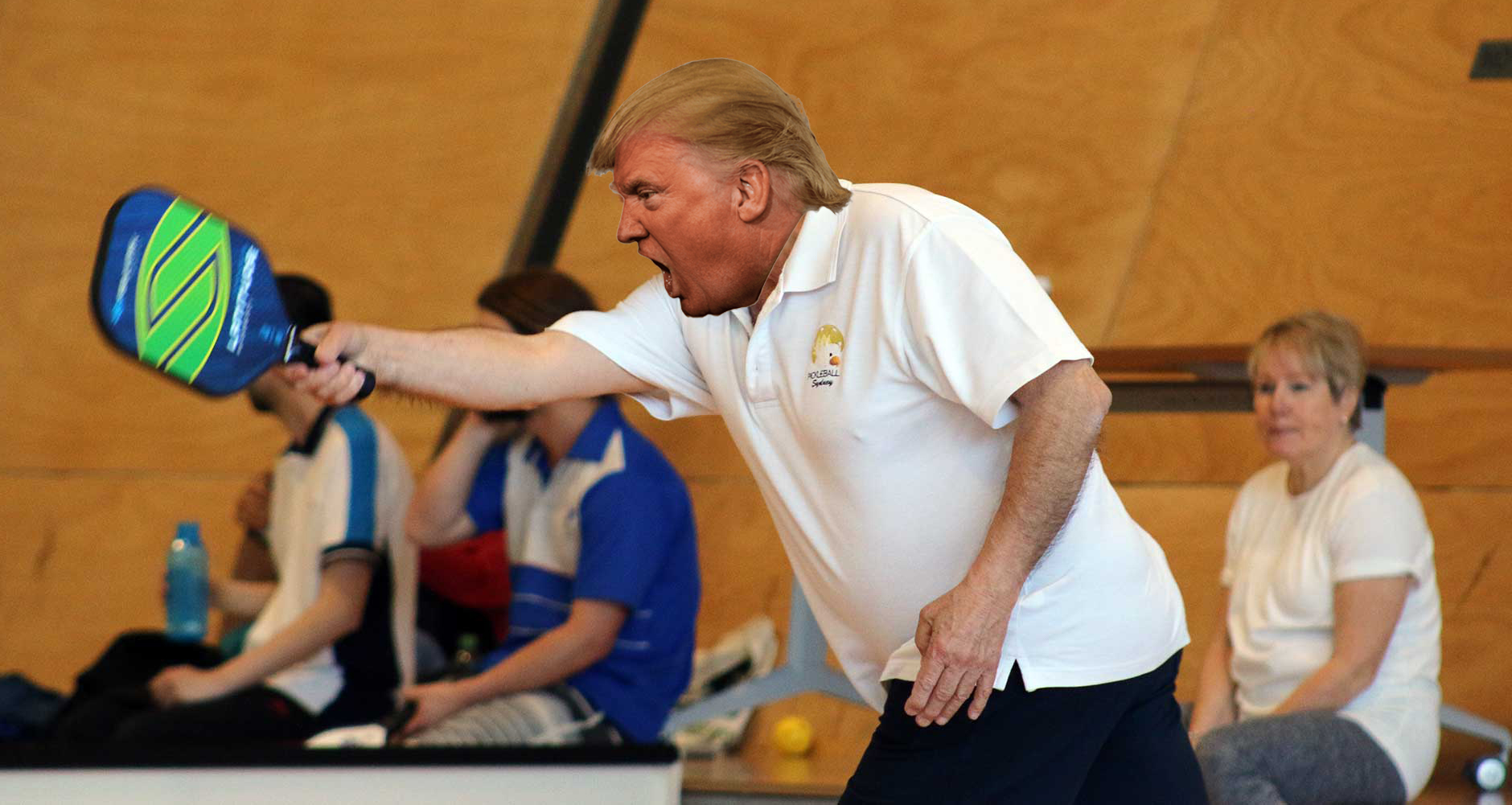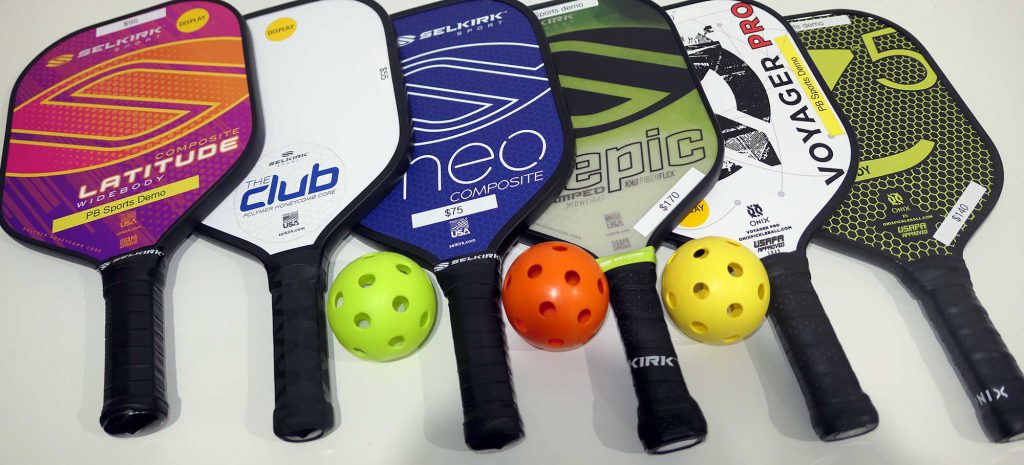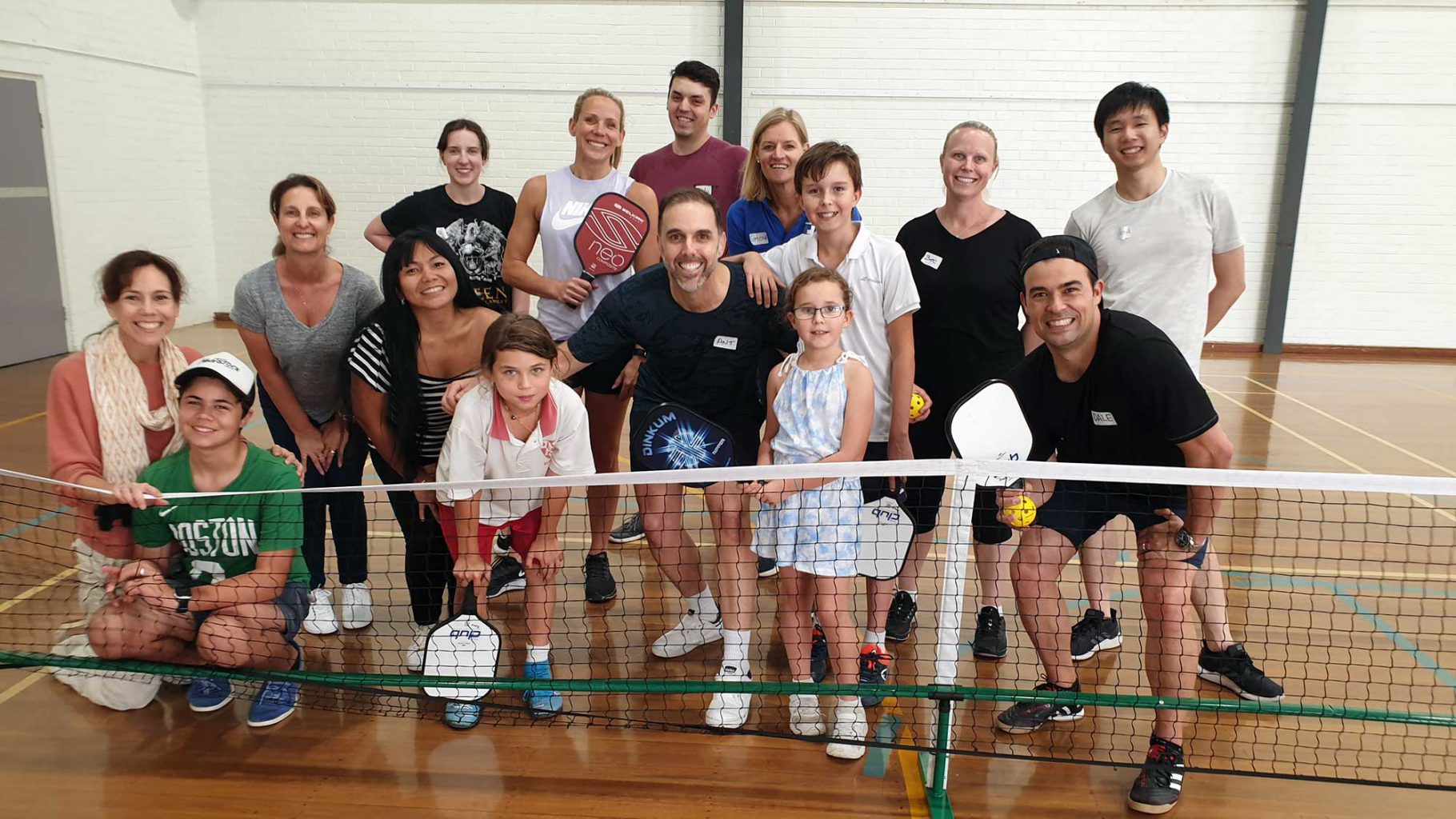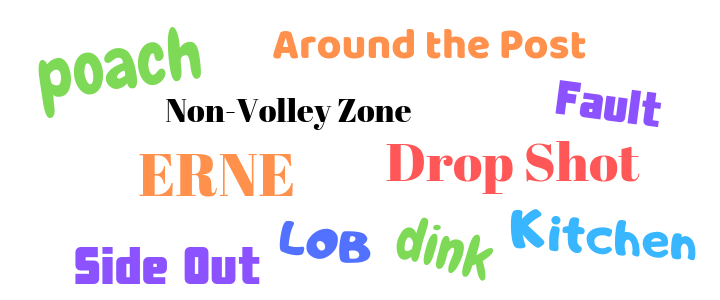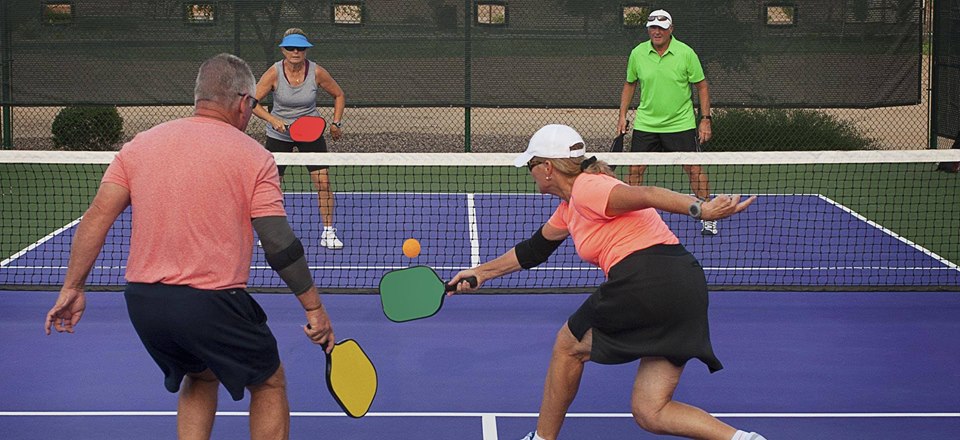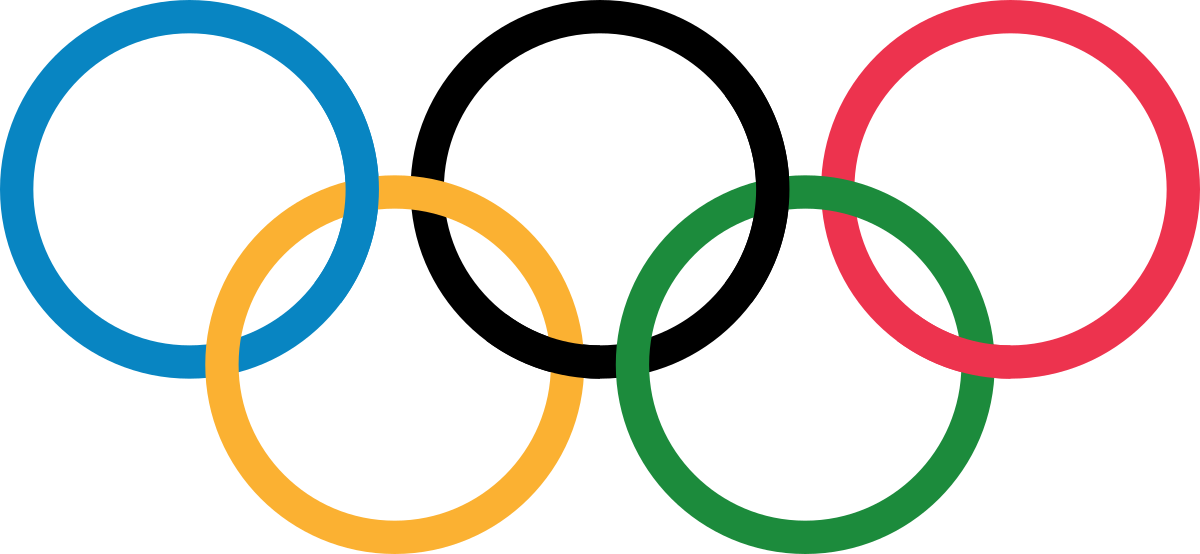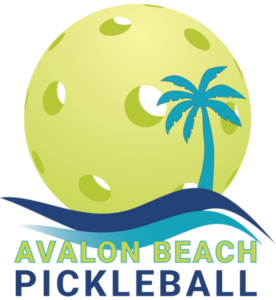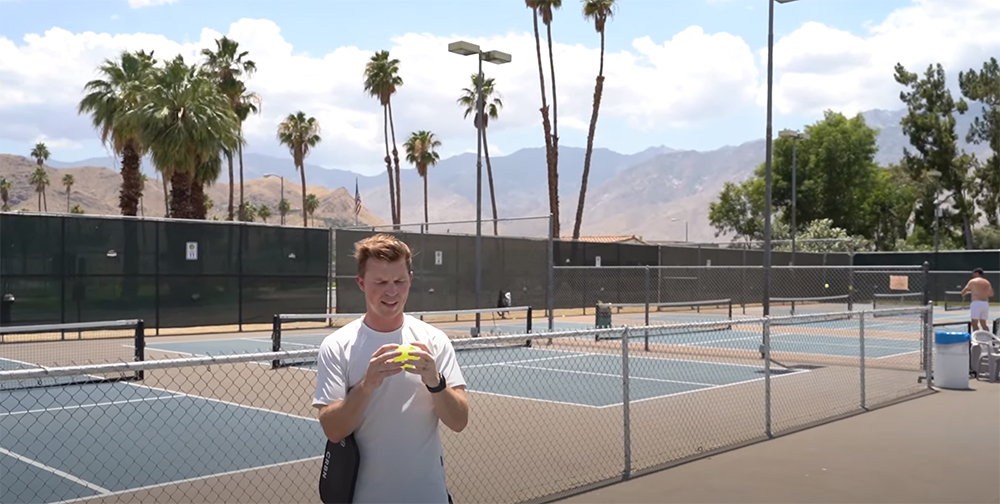
Handy Pickleball Excuses List
(Compiled by Hutch)
No matter how much we try, things out of our control sometimes happen in the game of pickleball that on the rare occasion, cause us to understandably miss a shot. It can happen to anyone, even the best of us. Here is a short list of the most common excuses. Keep a copy handy in your pickleball bag and commit them to memory while sitting off in between games.
These have all been fully endorsed and approved by ABPA Club President, John Fuller. So feel free to use any or all of them depending on your playing situation:
- The Sun/Reflection: “I lost the ball in the sun. The glare was right in my eyes! I just need to get my hat.” OR exact words uttered by the ABPA President: “The person who parked that white van across the road should be shot!”
- The Wind: “Did you feel that sudden strong wind gust? It totally threw off my shot.”
- The Hole in Your Paddle: Just look at your paddle with a confused look on your face, be thorough and check both sides.
- The Sweaty Hand: “My paddle’s grip was slippery; and my hand slipped.”
- The On-Going Injury: Just hold your [insert injury e.g back, calf, shoulder etc] with a grimace on your face
- The Bad Bounce: “The ball must have hit a [insert foreign object e.g crack, leaf, twig]. When is the council going to get that sorted?”
- The Noise: “Their talking threw me off.”
- The Not Ready: “Sorry I wasn’t ready.” Note: Especially useful when you are serving.
- The Slippery Court: “Gee the court is a bit slippery today.”
- The Insect: “Did you see that, an insect, and I got distracted for a split second.”
- The Itch: “I had an itch on my nose and just couldn’t focus. Play it again.”
- The Sudden Cramp: “Oh! I just got a cramp.” Best when incorporated with your best hopping acting.
- The Line Skid: “WOW! Did you see that ball skid off the line there?”
- The Net Too Low: “I didn’t think the ball was coming over the net. Can we check the height?”
- The Net Too High: “My shots are all going into the net. It can’t be the right height.”
- The Poor Reflexes: “Great shot. I didn’t even see that. Did you?”
- The Pop Up & Put Away: “WOW! Great shot!”
- The Paddle’s Fault: “I’m not used to this paddle. I’m going back to my other one.”
- The Hopefully Broken Ball: “Can you just check. I think that ball might be broken.”
- The Ball Call: “Sorry I thought that ball was about to come on our court.”
- The Partner Framing: “YOURS!” or “I thought my partner had it covered.”
- The Community Service Award: “Sorry I’m not with it today, my grandchild is home sick.”
- The Good Luck Charm: “I forgot to wear my lucky socks today.”
- The Sunscreen: “My eyes are stinging; I think I’ve got sunscreen in my eyes.”
- The Working On My Game: “Sorry, I’m just working on some new shots today.”
- The Ghost Out Call: “Sorry I thought I heard you call the last shot out.”
- The Serve Faults: “I think I’ve got the yips, because the coach is watching”.
- The Stuffed Knee: “The swelling has disappeared, so now it locks up when I try to get to a drop shot”.
- The Old Age Senility: “I packed my glasses, but I forgot to wear them”.
- The Cold Body: “I didn’t have much of a warmup”.
- The Mental Unreadiness: “I’ve been organising the games”.
- The Dreamer: “I didn’t even know we had started” (Nick).
- The Ball On Court Swap: “It’s a different ball!”
- Pro Tip: All of the above can be used and then followed with “Shall we play that point again!?”
